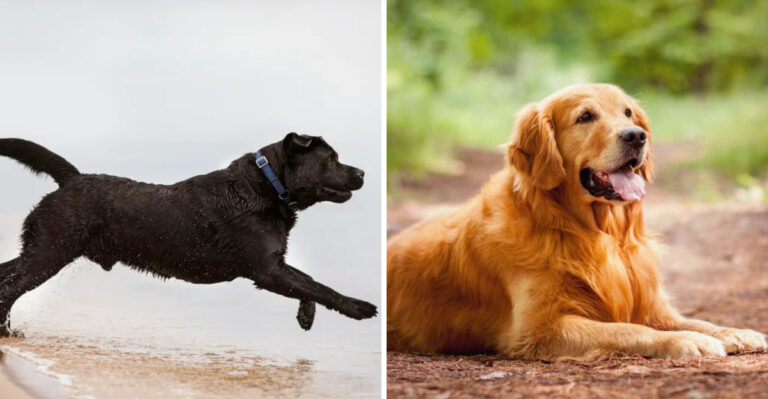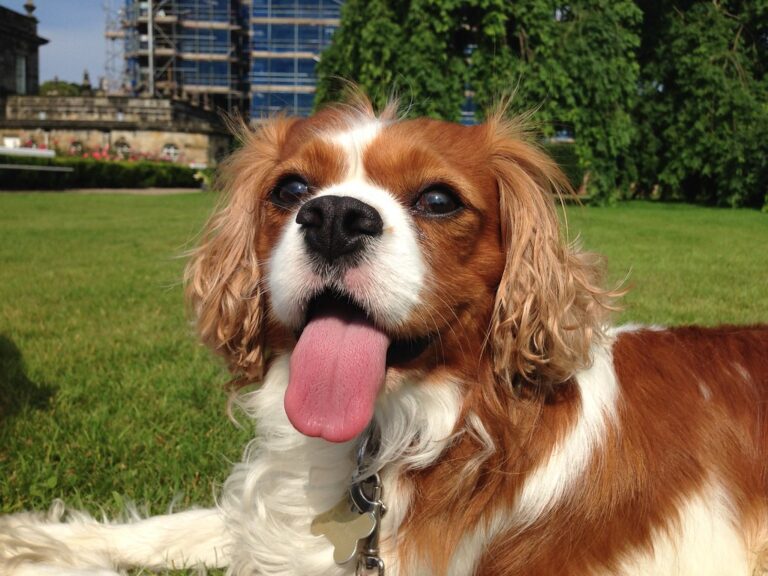10 Easy Ways To Make Your Home A Pup-Friendly Space

The first few weeks with a puppy will test your patience, flexibility, and attachment to material things. Teething is relentless. Curiosity is constant. And your house is a minefield of temptations. But with a bit of foresight and some rearranging, you can set the stage for a safe, chew-free start.
Cover And Reroute Every Power Cord In Sight

Wires attract teething puppies like magnets. The smell, the texture, the tension—they’ll chew through anything they can get their teeth on. Tuck cords behind furniture, use cord covers, and unplug devices when they’re not in use. It takes one bite to cause a burn or worse. Don’t give them the opportunity.
Limit Freedom Until They’ve Earned It

Letting a puppy loose in the whole house too soon is asking for chaos. Choose a calm, contained area where they can get their bearings without temptation at every turn. A small space helps reinforce routines, prevents accidents, and keeps you from constantly scanning the room for chewable disasters.
Give Them A Personal Space That Actually Works

A well-placed crate or enclosed nook creates stability when everything else feels new. Dogs crave consistency, and a quiet corner helps them decompress. Add a blanket with your scent, a chew toy, and soft lighting. When overstimulation hits, this becomes a safe retreat instead of another trigger point.
Know Exactly Which Plants Are Dangerous

Toxicity isn’t always obvious. Sago palms, jade, oleander, and pothos can cause anything from vomiting to organ failure. Puppies explore with their mouths, and a low-hanging leaf is an open invitation. So, research your houseplants now, not later. If it’s toxic, move it out of reach—or better yet, rehome it completely.
Put Trash On Lockdown Immediately
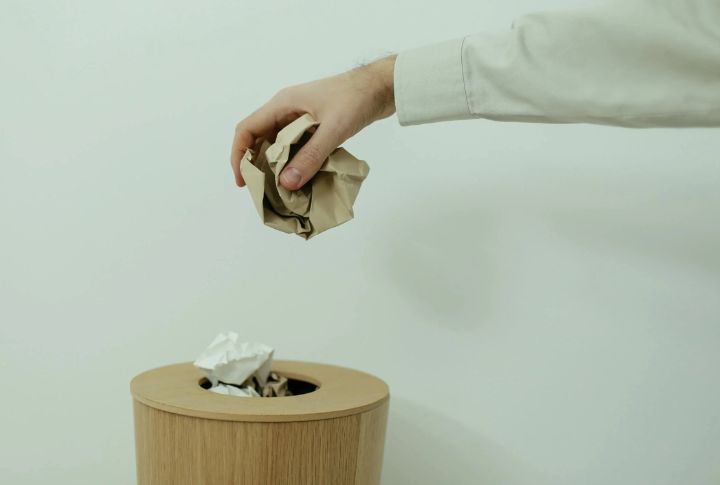
Kitchens and bathrooms are gold mines for an untrained pup. Tampons, coffee grounds, avocado pits, and bones all land in the bin, and all are risky. Don’t rely on “out of reach.” Get cans with tight lids or place them in latched cabinets because pups go digging the minute you turn your back.
Clean Like There’s A Toddler Crawling Behind You
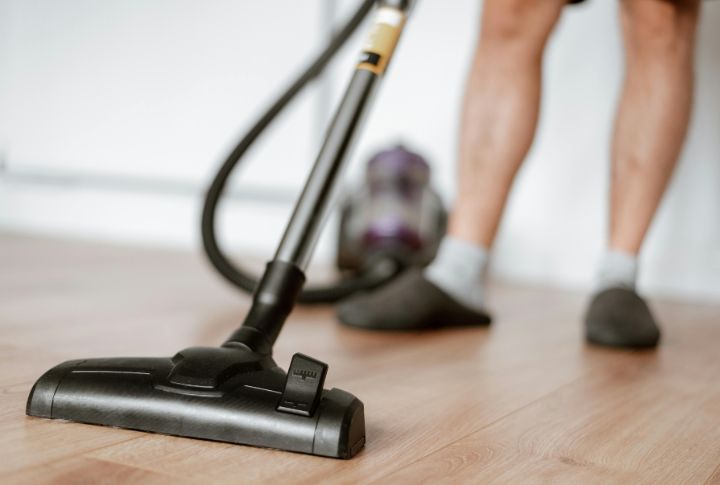
What you dropped under the couch last month will be your puppy’s treasure tomorrow. Before they arrive, scan low spaces for forgotten pills, buttons, coins, or stray snacks. One ibuprofen or a chocolate chip can turn into an emergency. Run a flashlight along baseboards and under furniture for a thorough check. Otherwise, their nose will find what yours doesn’t.
Block Off Every Gap They Can Wiggle Into
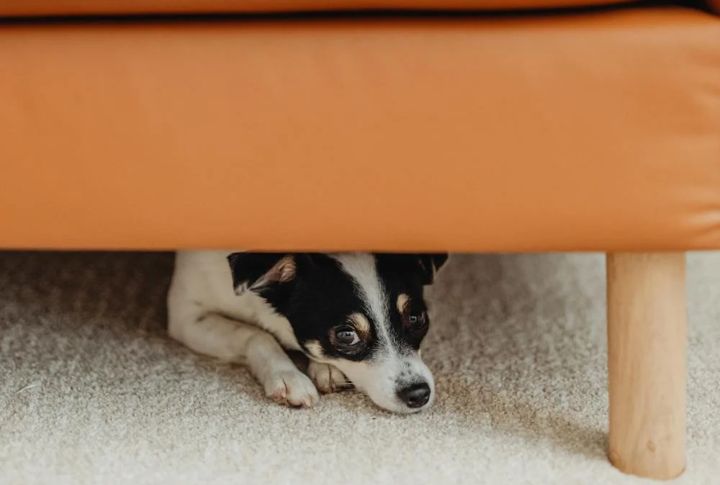
Pups don’t need much space to get stuck. Under the bed, behind the washer, between couch cushions—it’s all open territory. A gap that’s the size of a soda can is enough for a determined pup. So, use things like foam pipe covers or baby gates to seal entry points before accidents happen.
Treat Cabinets Like You Live With A Toddler
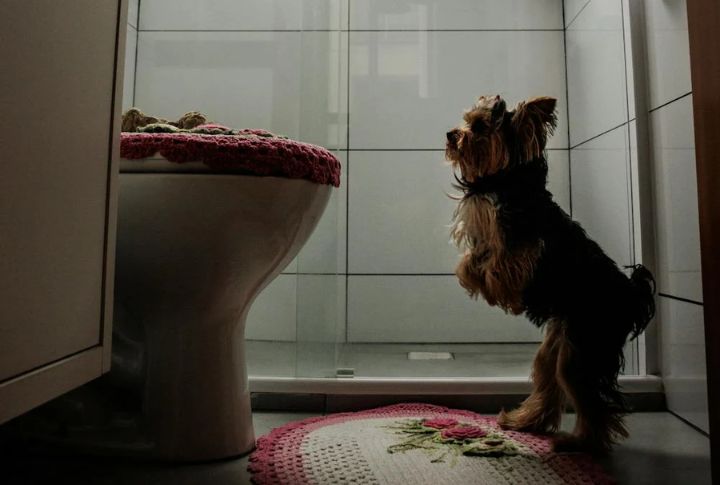
That unsecured bathroom cabinet with the bleach and razors? A time bomb. Puppies open doors with their snouts or claws, and they’ll chew anything that smells remotely interesting. They won’t understand “no,” but they’ll remember where you keep the peanut butter. Here’s what to do: Install child locks and move anything dangerous to the upper shelves.
Prep Your Yard With The Same Attention To Detail
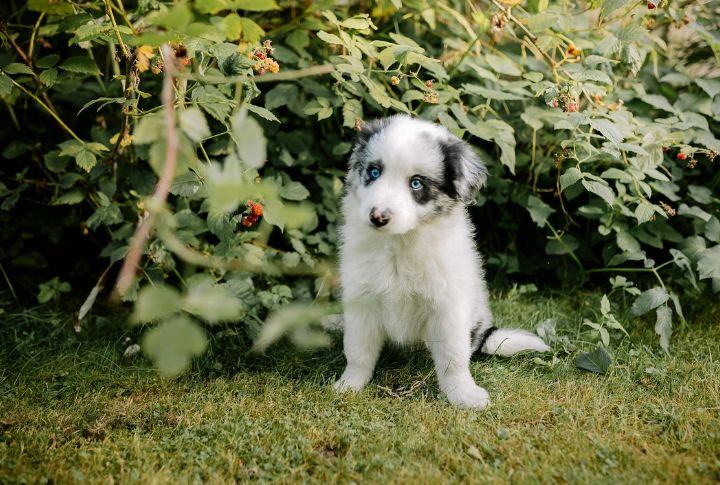
Fence gaps, loose boards, and mulch with hidden chemicals all need addressing before a single paw hits the grass. Don’t assume your backyard is safe just because it’s enclosed. Check for standing water, nails in the deck, spilled fertilizer, and anything sharp or edible. You only get one first impression of the outdoors.
Your Decor Isn’t Safe Anymore—Move It
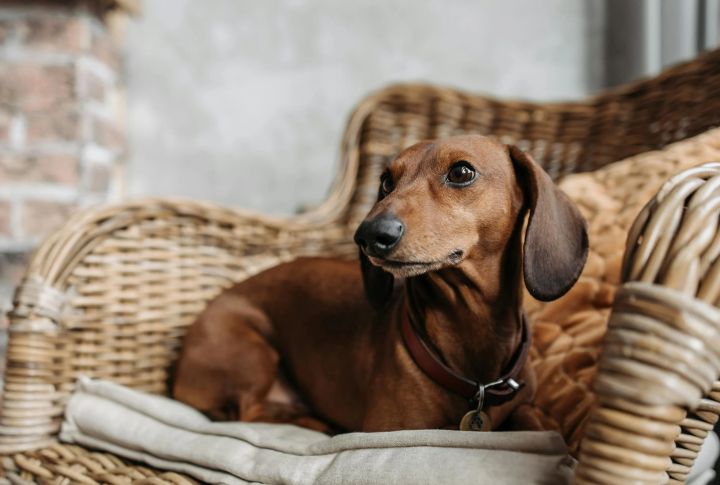
Puppies sprint without warning, ricochet off furniture, and clear a coffee table in seconds. So, anything at nose or tail height is at risk. Your fragile items should go high, candles should go away, and decorative bowls or frames need reassignment. You’re not redecorating—you’re adapting to life with a fast-moving liability.




